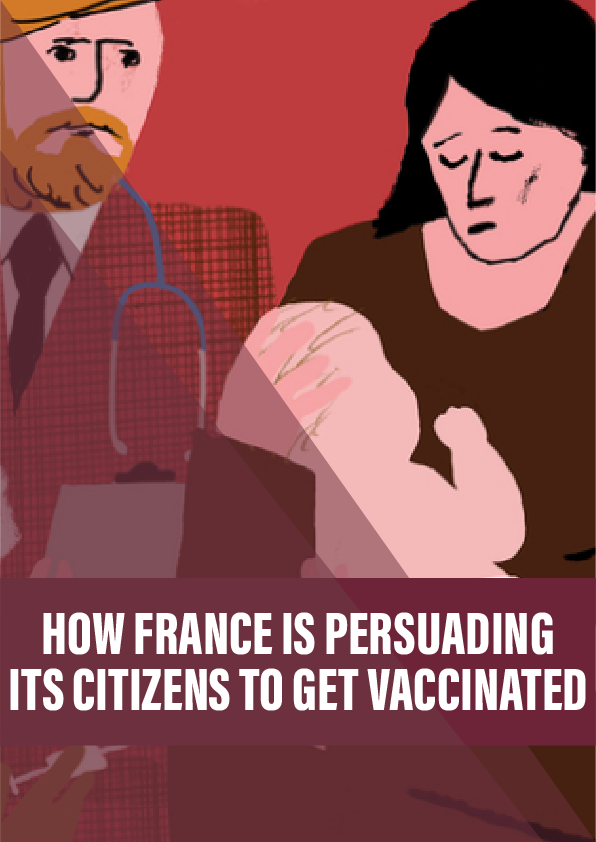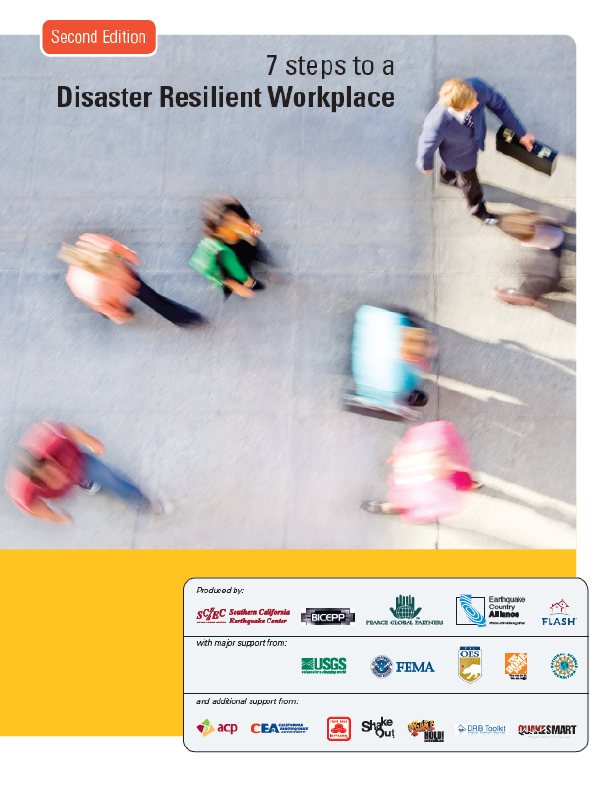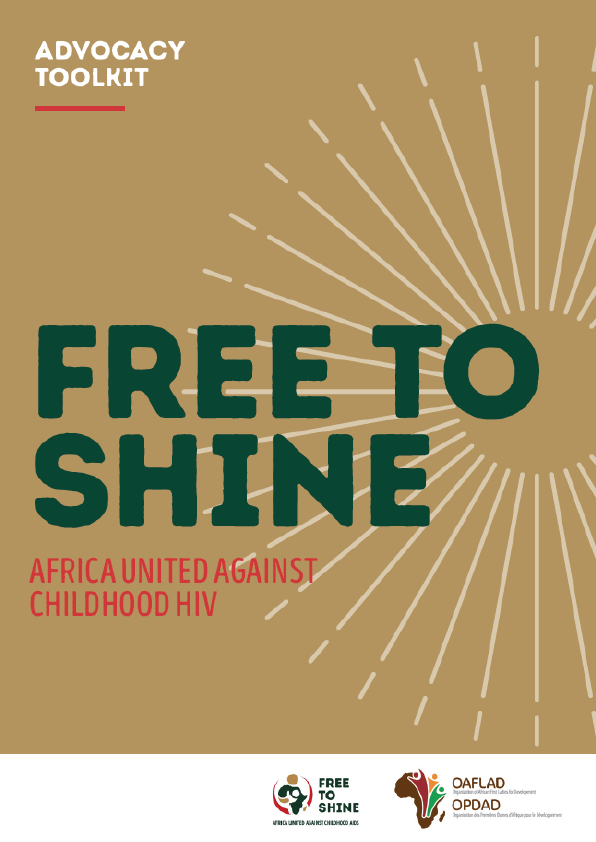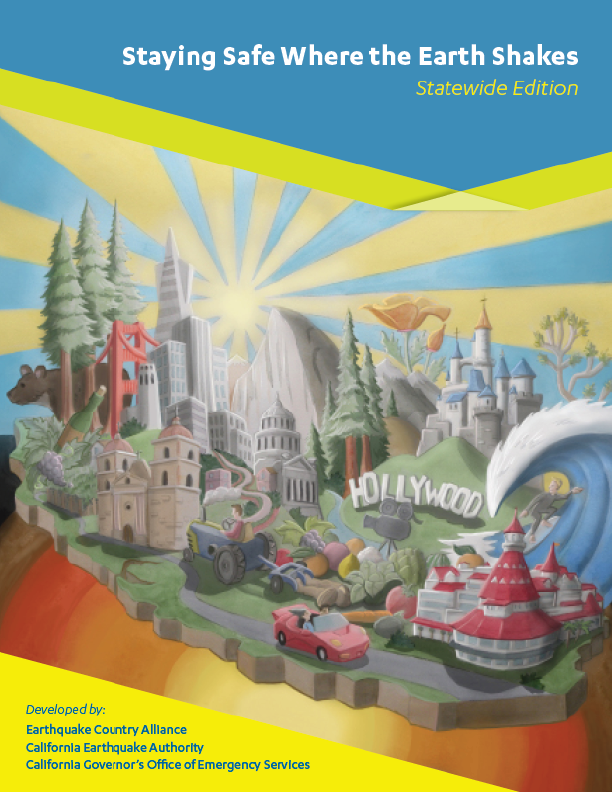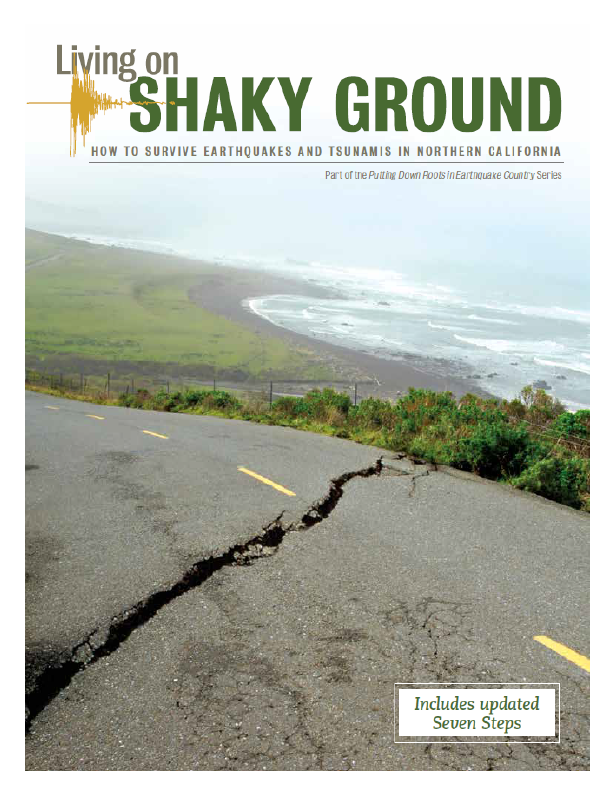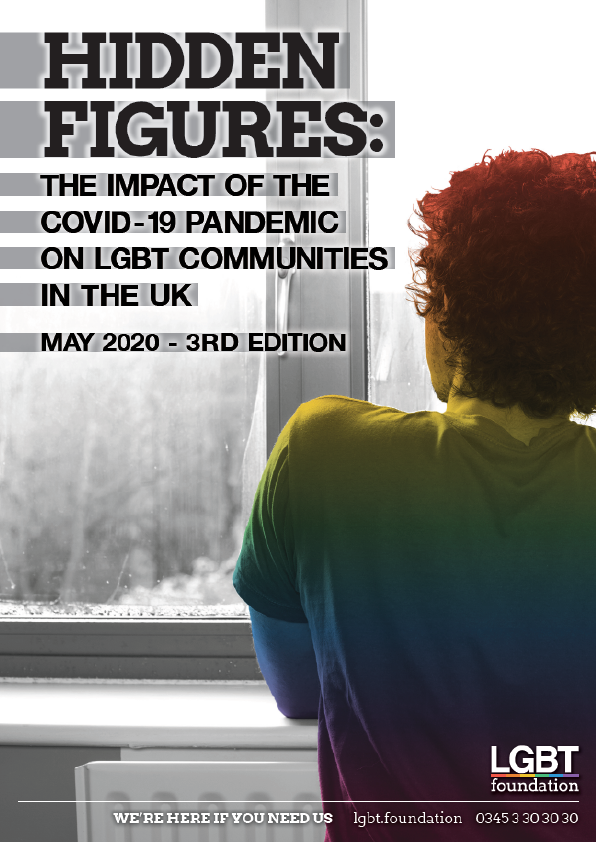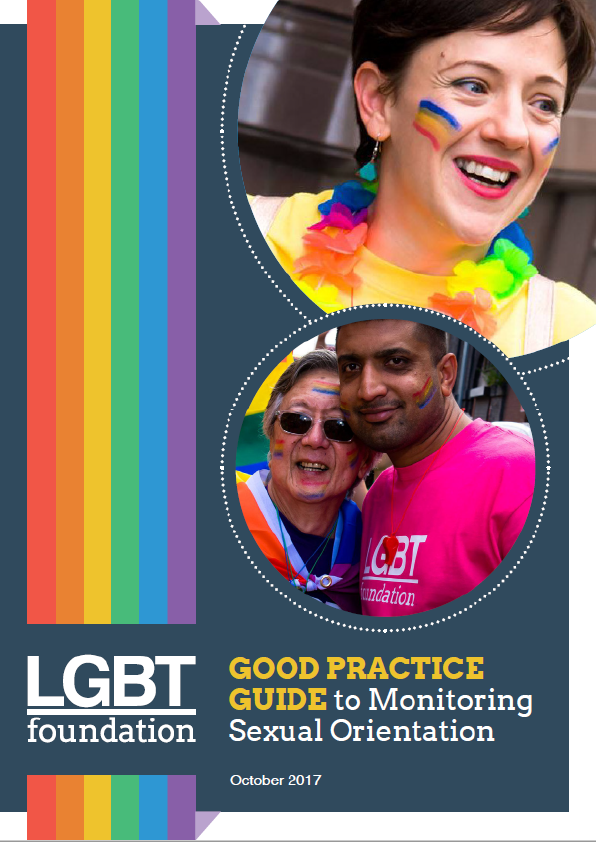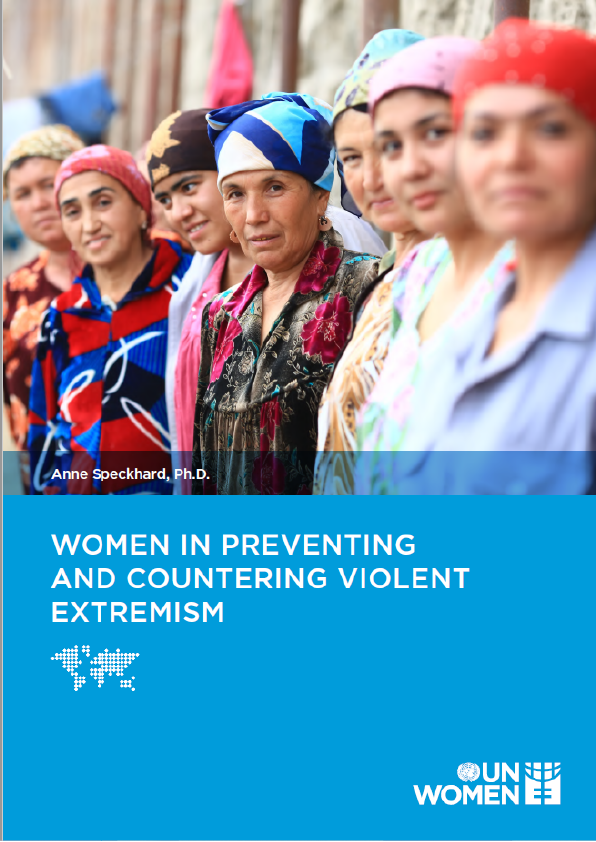One in three French people think vaccines are unsafe, but across the country vaccine coverage is rising. Alex Whiting looks at how France is fighting back against vaccine scepticism.
In February this year, a holiday in paradise turned into a nightmare for one French family. Soon after their arrival in Costa Rica, their unvaccinated five-year-old son developed measles, the country’s first case since 2014. The parents, also unvaccinated, tested positive for the virus too. They were believed to have brought it from France.
The family were swiftly quarantined, and the Costa Rican authorities contacted people at risk. A few weeks later, two American children – again, unvaccinated – also developed measles in the country. Again, the authorities had to act quickly to contain it.
Measles is more contagious than Ebola, tuberculosis or flu, it has no specific treatment, and it can be picked up from the air or from surfaces for as long as two hours after an infected person has come and gone. Because it’s so infectious, health experts see it as an early warning sign that there’s a problem with vaccination coverage.
“Measles is like a canary in the mine,” says Heidi Larson, director of the Vaccine Confidence Project and a professor of anthropology at the London School of Hygiene & Tropical Medicine. To protect a population from measles, she says, at least 95 per cent of people need to be vaccinated – a higher threshold than for most other infections. This means that if vaccination rates start falling, “it’s going to be the first to show its ugly head”.
When last measured in 2017, Costa Rica had a vaccination rate of 96 per cent for the disease – a clear sign that its people shouldn’t have been at risk from each other. That same year, France’s measles coverage stood at only 90 per cent.
Reference:
- Contemporary coverage – in the New York Times and Washington Post – of France’s tainted blood scandal.
- A Eurosurveillance paper outlining how the 2009 H1N1 pandemic changed French attitudes to vaccination. [PDF]
- Reports from IFLScience and the Independent on Costa Rica’s measles cases in early 2019.
- World Bank data on measles immunisation rates around the world.
- The European Centre for Disease Prevention and Control vaccine scheduler shows what vaccines are mandatory in different European countries.
- A Unicef press release from April 2019, noting that over 20 million children worldwide missed out on measles vaccine annually in the past eight years.
- The Vaccine Confidence Project.
- The Wellcome Global Monitor, the world’s largest study into how people around the world think and feel about science and major health challenges. It surveys over 140,000 people from more than 140 countries.
